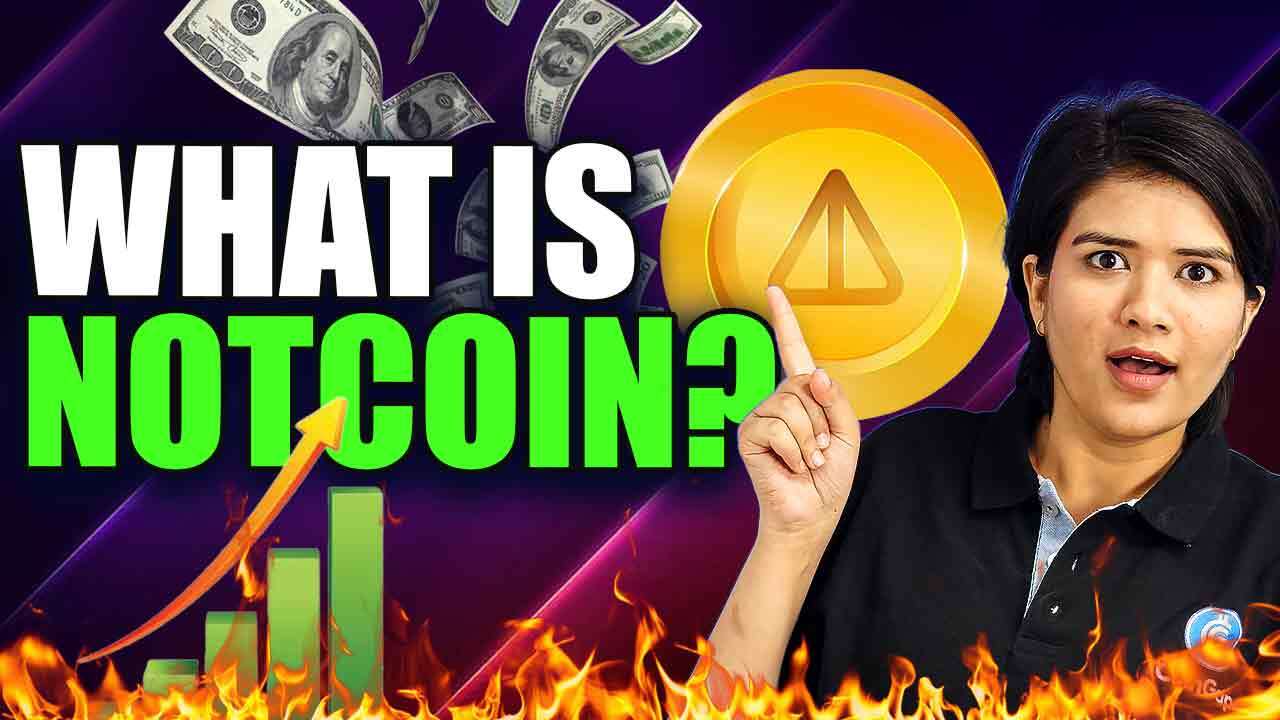The SEC’s case against Ripple alleges that the company raised over $1.3 billion through the sale of XRP tokens, which the SEC claims are unregistered securities. The SEC argues that Ripple’s XRP sales, particularly the $728.9 million in direct institutional sales, set the expectation that investors would profit from Ripple’s efforts to develop the XRP ecosystem.
However, in a split decision, the U.S. District Court for the Southern District of New York ruled that XRP is a security when sold by Ripple to institutional investors, but not when sold on crypto exchanges to the general public. The court found that Ripple’s marketing and targeting of institutional investors supported the SEC’s position for those transactions. Ripple has argued that XRP does not qualify as an investment contract and that the SEC failed to provide fair notice that XRP could be considered a security. The company maintains that it was simply building innovative financial products and had no specific commitments to XRP holders. The outcome of this case could have significant implications for the regulation of cryptocurrencies and digital assets in the United States.













